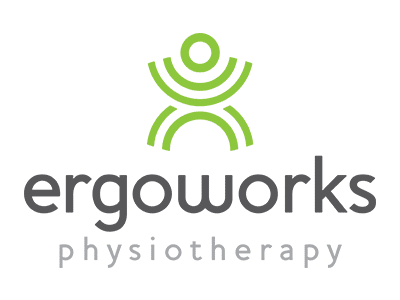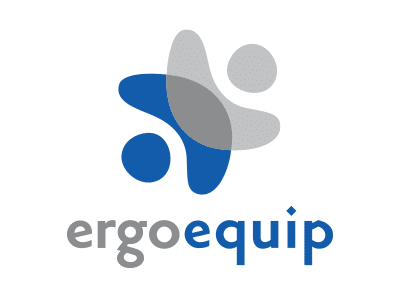The Impact of Hybrid Working on Employee Well-being

In a rapidly evolving work landscape, the concept of hybrid working has emerged as a transformative force, reshaping how employees engage with their professional responsibilities. As businesses adapt to this new paradigm, the role of an ergonomic consultant becomes paramount in ensuring the well-being and productivity of the workforce.
Hybrid Working Dynamics
Hybrid working blends the traditional office setup with remote work options, offering employees flexibility in their work arrangements.
This model necessitates a comprehensive ergonomic approach to address the diverse work environments employees may find themselves in, whether at home or in the office.
Benefits of Hybrid Working
Enhanced Flexibility: Employees can choose when and where they work, promoting a better work-life balance.
Improved employee well-being: Hybrid working contributes to better overall well-being by reducing commute time and allowing employees to create a workspace that suits their comfort and preferences. This flexibility can lead to reduced stress, increased job satisfaction, and healthier work-life integration.
Increased Productivity: Empowering employees with the freedom to create their ideal work environment can boost overall productivity.
Cost Savings for Both Employers and Employees: Employers can reduce expenses related to office space, utilities, and other overheads, while employees can save on commuting costs and potentially enjoy a better work-life balance without the need for extensive travel.
The Crucial Role of Ergonomic Consultants
Ergonomic consultants play a pivotal role in crafting workspaces that cater to the unique needs of employees, considering both office and home setups.
Their expertise ensures that furniture, technology, and equipment are optimally designed to support good posture, reduce strain, and enhance overall well-being.
Navigating Ergonomics for Hybrid Workspaces:
Ergonomic assessments for both home and office environments help identify potential hazards and create tailored solutions for individual needs.
Implementing ergonomic practices across hybrid workspaces contributes to employee satisfaction, reduces the risk of musculoskeletal issues, and fosters a positive work culture.
Looking Ahead: The Future of Work:
The integration of hybrid working is not just a response to external circumstances but a strategic shift towards a more adaptable and employee-centric work model.
Businesses that invest in ergonomic solutions and consulting services are better positioned to attract and retain top talent, driving long-term success.
As the business landscape continues to evolve, embracing hybrid working and prioritising ergonomic solutions are key factors in creating a thriving and sustainable work environment. Ergonomic consultants play a pivotal role in this journey, ensuring that employees can excel in any workspace, be it at home or in the office.


